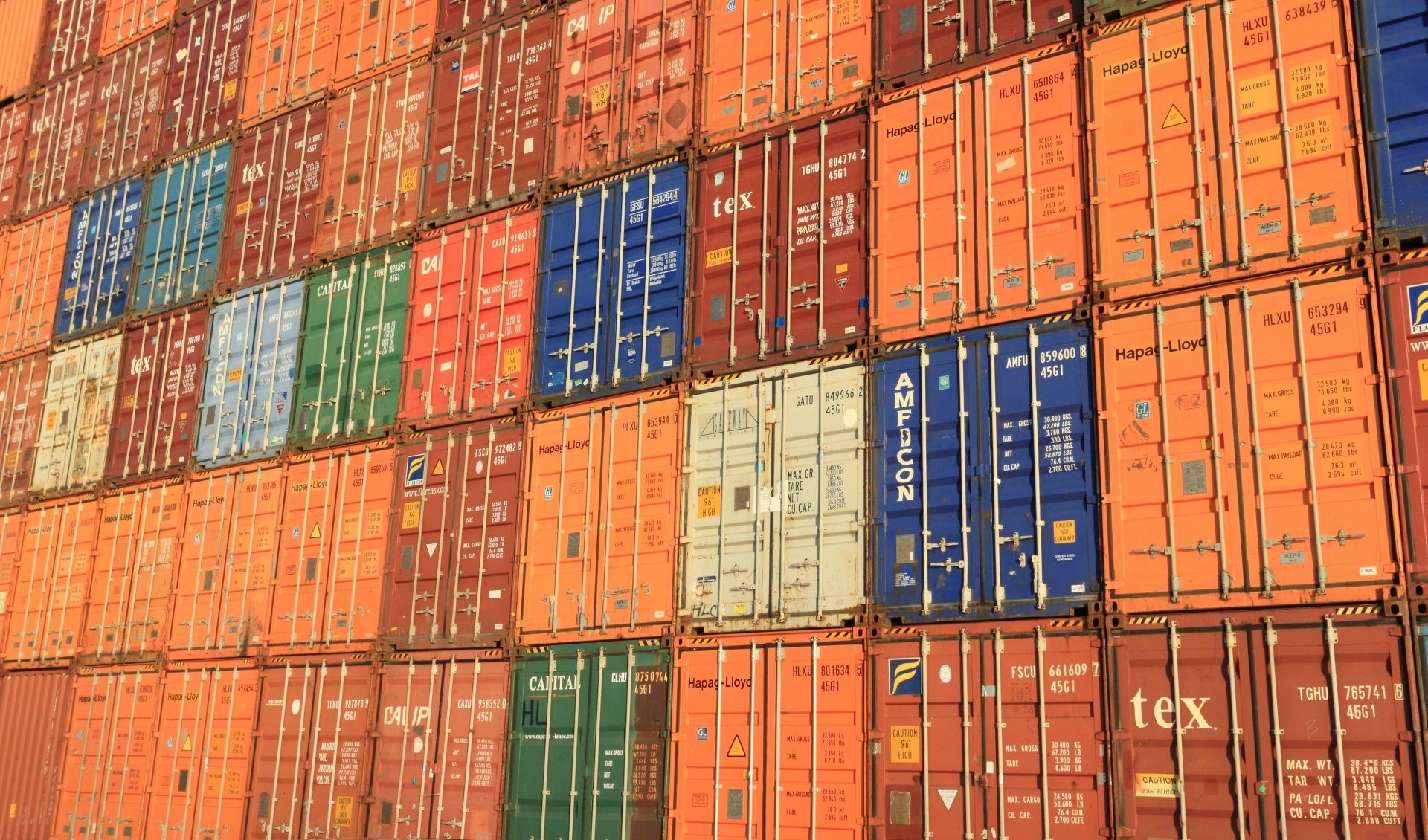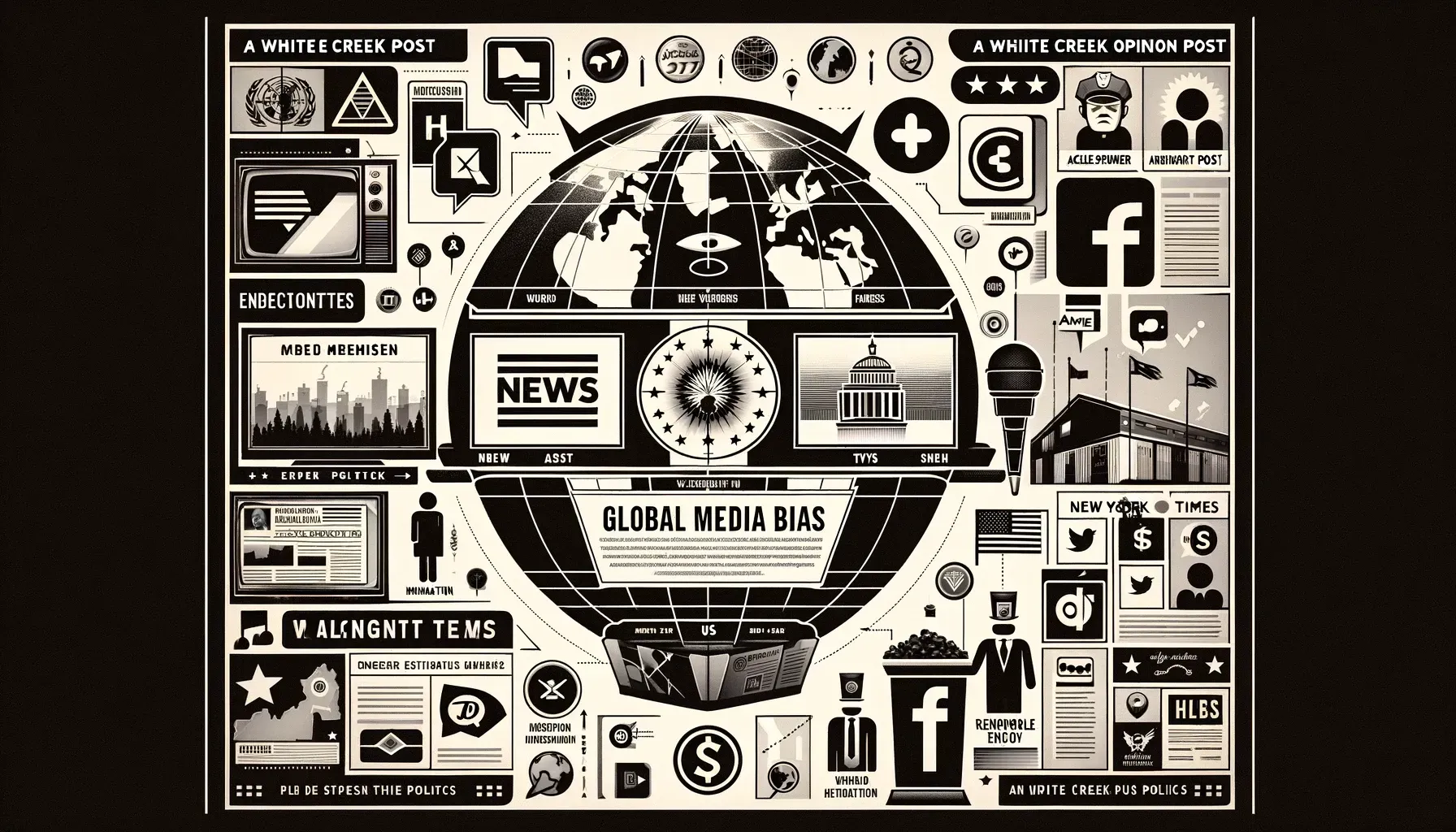Economics
Economics

August 3, 2023
Bidenomics is proving effective, as evidenced by a positive and supportive article highlighting the driving force of investments in infrastructure, chip technology, and green initiatives. However, some people question the basis for crediting these recently approved plans for the success. Additionally, they wonder if the 2.4% growth in one quarter truly provides a comprehensive picture. It's possible that we are merely returning to the pre-COVID normal state.
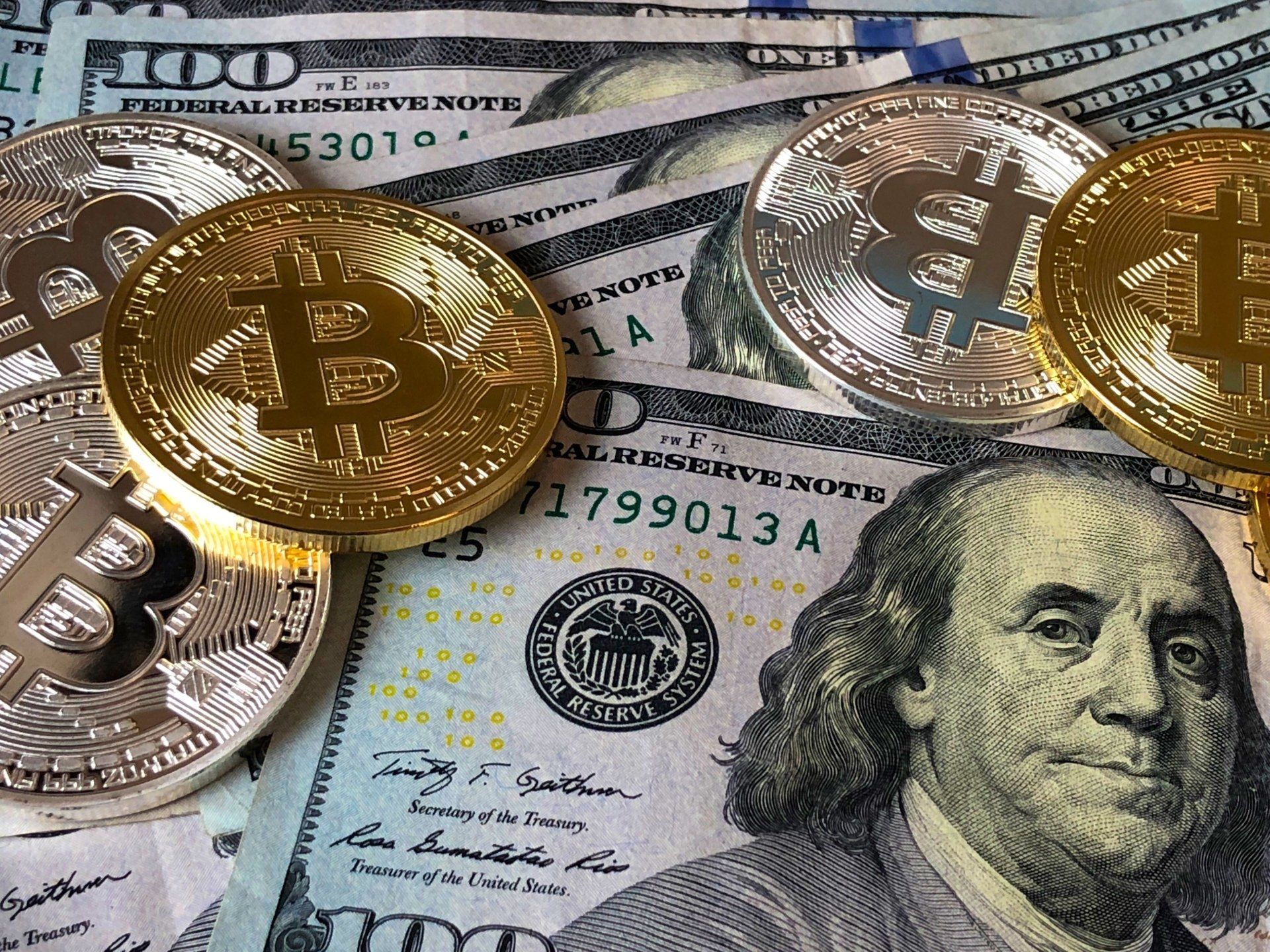
July 5, 2023
The President of the United States claims that the US economy is the strongest globally and takes credit for it. However, let's examine the situation in Europe. The region experienced a recession due to US sanctions on Russia, while the US economy was fueled by the war effort. The Biden administration's economic approach relies heavily on stimulus packages, which have led to inflation. Upon closer inspection, it becomes apparent that the period from Q4 2021 to Q3 2022 may have shown some positive growth, but there are concerns that the momentum may fade.
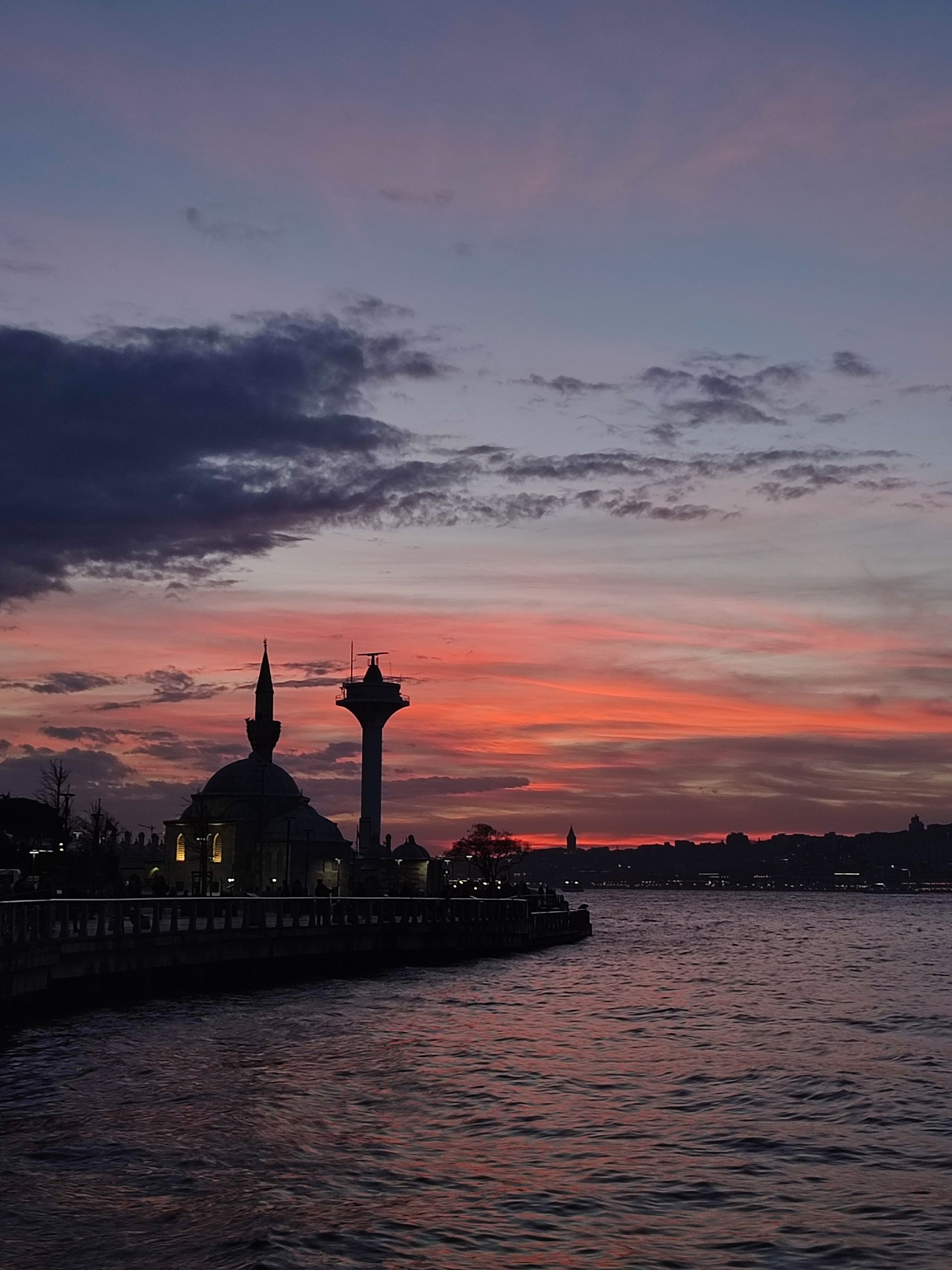
June 2, 2023
The outlook is uncertain again amidst financial sector turmoil, high inflation, the ongoing effects of Russia's invasion of Ukraine, and three years of COVID. Per the International Monetary Fund: The baseline forecast is for growth to fall from 3.4 percent in 2022 to 2.8 percent in 2023, before settling at 3.0 percent in 2024. Advanced economies are expected to see an especially pronounced growth slowdown, from 2.7 percent in 2022 to 1.3 percent in 2023. In a plausible alternative scenario with further financial sector stress, global growth declines to about 2.5 percent in 2023 with advanced economy growth falling below 1 percent. Global headline inflation in the baseline is set to fall from 8.7 percent in 2022 to 7.0 percent in 2023 on the back of lower commodity prices but underlying (core) inflation is likely to decline more slowly. Inflation’s return to target is unlikely before 2025 in most cases. The natural rate of interest is important for both monetary and fiscal policy as it is a reference level to gauge the stance of monetary policy and a key determinant of the sustainability of public debt. Chapter 2 aims to study the evolution of the natural rate of interest across several large advanced and emerging market economies. Public debt as a ratio to GDP soared across the world during COVID-19 and is expected to remain elevated. Chapter 3 examines the effectiveness of different approaches to reducing debt-to-GDP ratios. Supply-chain disruptions and rising geopolitical tensions have brought the risks and potential benefits and costs of geoeconomic fragmentation to the center of the policy debate. Chapter 4 studies how such fragmentation can reshape the geography of foreign direct investment FDI and how it can affect the global economy.
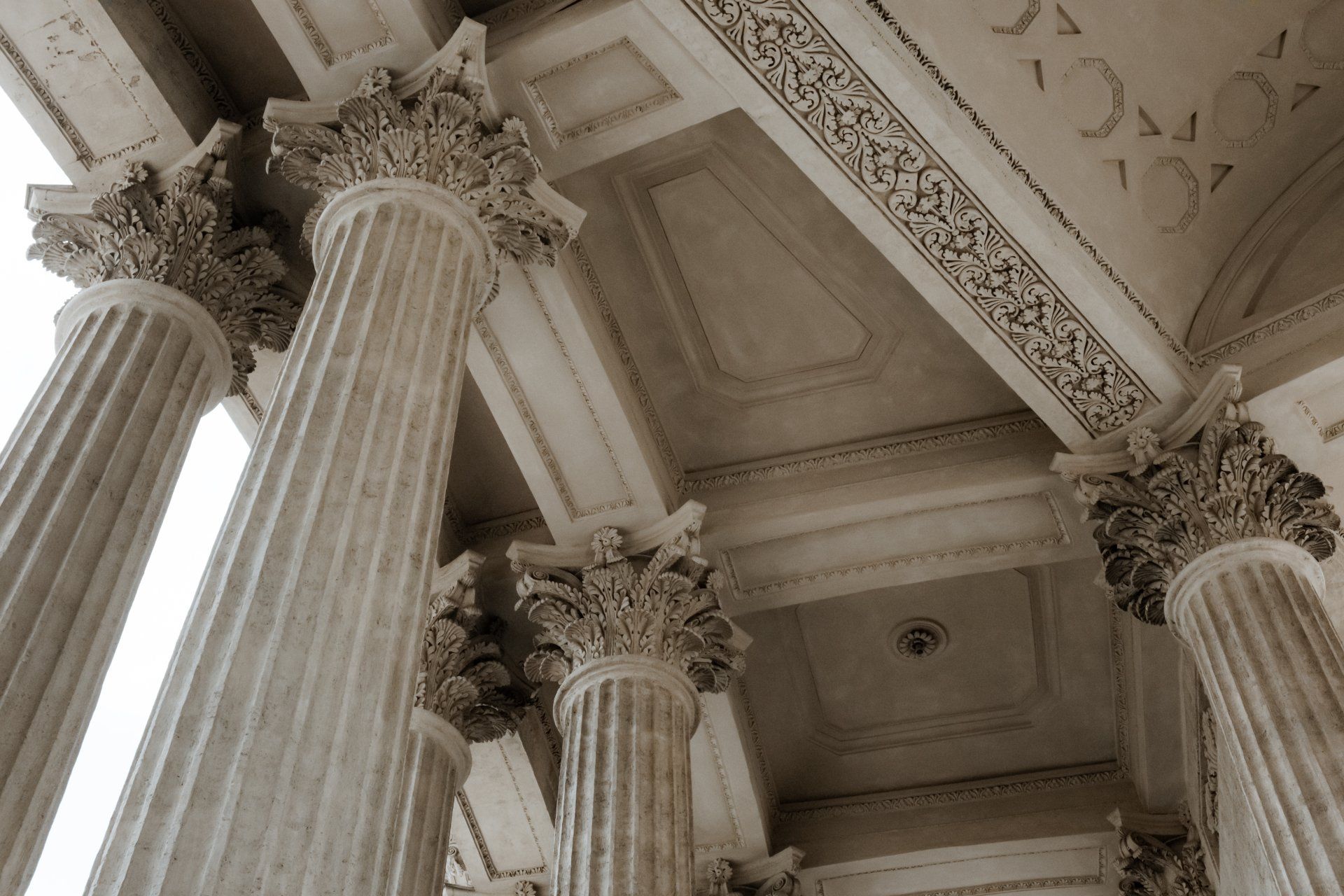
April 30, 2023
It has been just over a year since the implementation of sanctions against Russia, and now is an opportune time to assess their effects. Surprisingly, various forecasts indicate that the Russian economy is projected to grow at a faster rate compared to both the United States and Germany, with different outcomes depending on the political landscape. While reports boast of the US economy's robustness, there are lingering concerns about the sustainability of the government's policies. For almost 18 months, forecasters have been predicting an imminent recession, with the latest projections for 2023 estimating a GDP growth of 1.5% and first-quarter data revealing a modest 1.1% increase. This leads us to question whether the investments in the Military and the Green Deal are truly transformative or merely short-term expenditures. To illustrate this, a chart depicting global growth, including adjustments for countries such as Russia, is provided below.
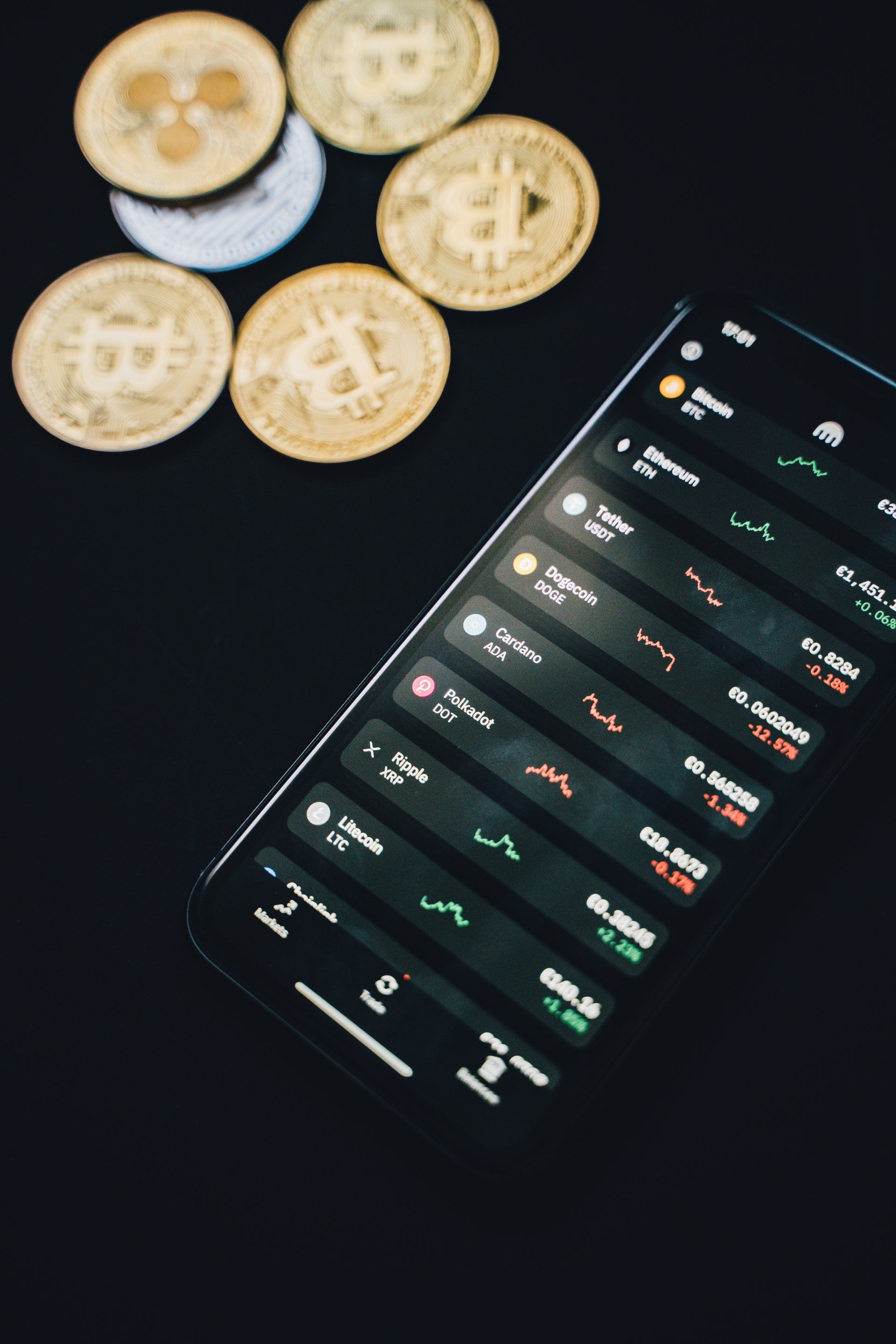
March 31, 2023
Credit Suisse, like other failed banks, has not faced any investigation into its management. Major investors and management have been compensated, while small investors and thousands of employees lose everything. The winners in this situation are the US, who intervened and forced the UBS-CS deal in its global dictatorship. This can be seen through the Russia sanctions and interference in Swiss neutrality via its ambassador. Instead of negotiating, does the US also play economics through wars? The other winner is for you to decide: democracy? When we consider the two major players in the world and look at their populations, is it really wise to think that military might can resolve everything? In the 1980s and 1990s, not outsourcing to China was almost considered a crime. This was led by the government, big advisors, and multinational companies. Perhaps it was thought that small and midsize businesses could be minimized to have control by big corporations? Was it political or economic? With the chip investments and infrastructure bill in today's world, it looks more political than ever.
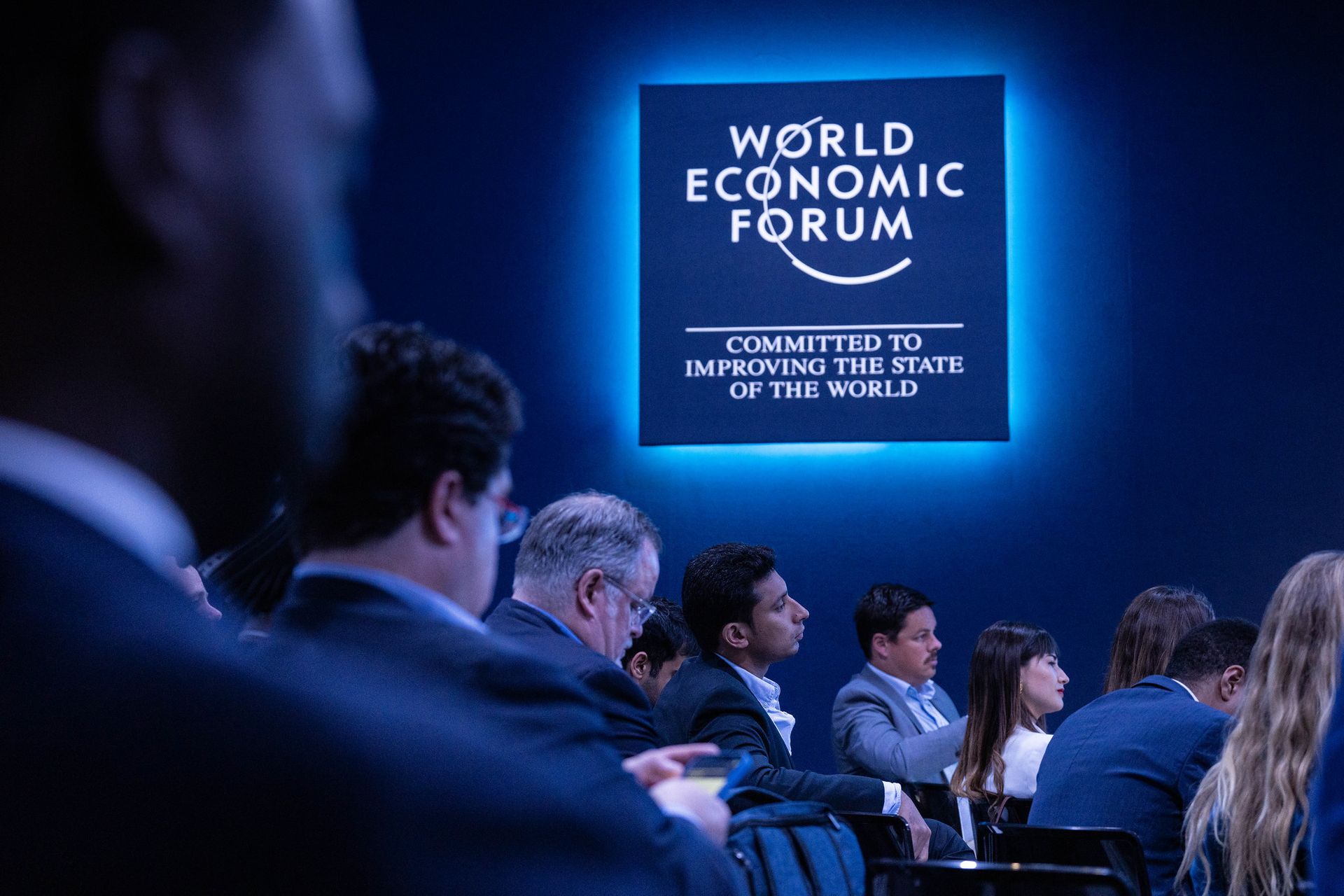
January 29, 2023
The World Economic Forum (WEF) is an organization founded by Klaus Schwab. Every year, the WEF holds its annual meeting in Davos, Switzerland. The following is an introduction to the WEF, as taken from Wikipedia: The World Economic Forum ( WEF ) is an international non-governmental and lobbying organization[1] based in Cologny , canton of Geneva , Switzerland. It was founded on 24 January 1971 by German engineer and economist Klaus Schwab . The foundation, which is mostly funded by its 1,000 member companies – typically global enterprises with more than US$ 5 billion in turnover – as well as public subsidies, views its own mission as "improving the state of the world by engaging business, political, academic, and other leaders of society to shape global, regional, and industry agendas". The WEF is mostly known for its annual meeting at the end of January in Davos , a mountain resort in the eastern Alps region of Switzerland. The meeting brings together some 3,000 paying members and selected participants – among whom are investors, business leaders, political leaders, economists , celebrities and journalists – for up to five days to discuss global issues across 500 sessions. Aside from Davos, the organization convenes regional conferences in locations across Africa, East Asia, Latin America, and India and holds two additional annual meetings in China and the United Arab Emirates . It furthermore produces a series of reports, engages its members in sector-specific initiatives and provides a platform for leaders from selected stakeholder groups to collaborate on projects and initiatives. The Forum suggests that a globalized world is best managed by a self-selected coalition of multinational corporations , governments and civil society organizations (CSOs), which it expresses through initiatives like the " Great Reset " and the "Global Redesign". The World Economic Forum and its annual meeting in Davos have received criticism over the years, including the organization's corporate capture of global and democratic institutions, its institutional whitewashing initiatives, the public cost of security, the organization's tax-exempt status, unclear decision processes and membership criteria, a lack of financial transparency, and the environmental footprint of its annual meetings. As a reaction to criticism within Swiss society, the Swiss federal government decided in February 2021 to reduce its annual contributions to the WEF. The WEF has also been the target of conspiracy theories . The cost to be paid by companies for a delegate to the WEF were $US70,000 in the early 2000 years, and in 2022 were $US120,000. The World Economic Forum (WEF) used to be seen as a gathering for networking and meeting individuals from various industries. Approximately 70% of its attendees and members come from finance, health, and environmental sectors, while politicians from various countries are also in attendance. However, with the advent of the Covid-19 pandemic, the concept of the "great reset" has arisen, leading to questions about whether the WEF is truly a forum or if it is instead orchestrating a fundamental change in the world. This year, two notable absences were George Soros and Russia. George Soros did not attend without reason, while Russia was disinvited as a result of a sanctions measure, making the WEF a more political event. There are rumors that Klaus Schwab runs the organization as a one-man show and functions like a dictatorship, only allowing those who align with his principles to hold leadership positions. Despite this, many companies still pay a large sum of money to attend the forum, suggesting that there are benefits to be had. Given that the European Union has non-elected members, it is unclear how the WEF can promote democracy. Furthermore, as an elitist forum, it is questionable how the WEF can dictate the lives of those governed by democracy, especially if global governments and lobbyists are in agreement with the agenda and use the WEF as a coordinating effort. At this year's political-economic forum, President Zelinski asked for more weapons and the EU promised significant spending support. However, no discussions were held on peace talks, suggesting that war may be good for the economy. Meanwhile, Al Gore and John Kerry, along with other financial groups profiting from green investments, promised once again that the world would end, with many followers espousing the same sentiment. However, as Federal Reserve Chair Yellen noted, this change may be only temporary. A young leader in Danish politics proposed a future where individuals give their salary to the government and the government pays for their life, with a tax rate of 56%. Some liberal individuals may label this as a conspiracy theory, but it is worth keeping an eye on. With sanctions against Russia and the decision not to buy oil and gas, Putin's inflation has increased, although it has eased slightly due to European countries reviving some coal plants and Russia exporting oil and gas that finds its way back into the Western world. However, this just shows that staying in power is the most important factor, rather than transparency. The outcome of the debt limit talks is uncertain, but a dissection by a public advisory board instead of career politicians, or an audit by a real third party not associated with McKinsey, would be beneficial.
Latest Articles -
All Topics

March 21, 2025
Government shutdown averted, but at what cost for the Democratic party ? Is the new generation of Democrats so ideological that it raises the question of renaming them "Dementor-crats," taking ideology to defy any logic . Their hatred for Elon Musk and Trump runs so deep that they end up contradicting themselves. There is no question that the budget deficit now requires immediate action —not more taxes that suppress overall spending, but policies that fuel economic growth and increase tax revenue. Immigration : With border crossings at near-zero levels , we now have an opportunity to implement a merit-based immigration system to attract the skilled labor needed to support reshoring efforts. While it may not reduce the overall number of immigrants, it would shift budgets—moving from dependency to immediate economic contribution. The skilled labor gap is a documented reality —there is no denying it. The Teachers Union continues to claim it's helping everyone, yet it’s failing to educate children. Anger over budget cuts distracts from years of waste, and most states arguably perform better. The U.S. education system is currently ranked #31 globally , yet—like many Democrats—the union blames everyone else for its failures. Despite ranking #1 in per-pupil spending , the system cannot deliver the diversity and choice families want. So, who are we listening to—parents or unions ?
Sign Up For Our Newsletter
Thank you for contacting us.
We will get back to you as soon as possible
We will get back to you as soon as possible
Oops, there was an error sending your message.
Please try again later
Please try again later

